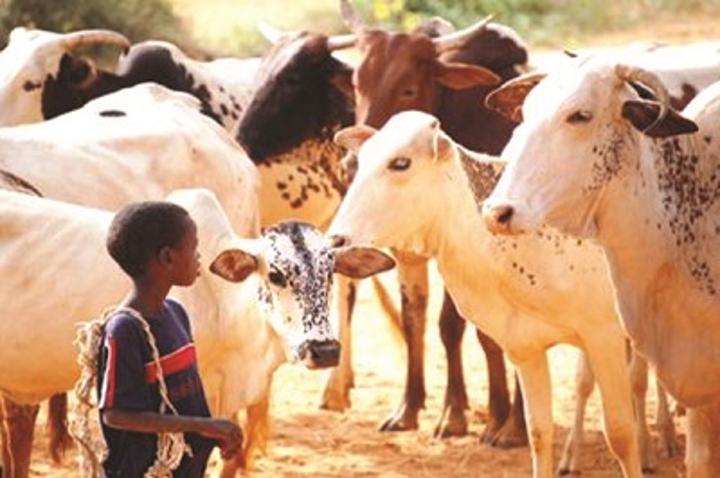Africa-Press – Lesotho. The recent report findings have painted rather a bleak picture of the child labour prevalence in the country. Titled ‘2020 Findings on the Worst Forms of Child Labour’ the
United States government sponsored report “offers concrete actions that governments can take to increase access to education; strengthen rule of law; advance human rights; and improve social programs to combat food insecurity,
discrimination, and related challenges”. On other developments, the United Nations has declared the year 2021 as the International Year for the Elimination of Child Labour.
Child labour is defined as the “employment of children in any work that deprives children of their childhood, interferes with their ability to attend regular school, and that is mentally, physically, socially or morally
dangerous and harmful”. The report states that Lesotho is a “source, transit, and destination country for human trafficking”. It argues that due to HIV prevalence, many children become
orphans, a situation which exposes them to human trafficking scourge. “In 2020, Lesotho made moderate advancement in efforts to eliminate the worst forms of child labor.
Lesotho’s legislature passed an amendment to the Anti-Trafficking in Persons Act that removes the requirement for proof of force, fraud, or coercion even in the case of sex trafficking for minors;
the addition of this amendment brings the law up to international standards. The National Police also established the Trafficking in Persons and Migrant
Control Unit within the Lesotho Mounted Police Service to oversee human trafficking cases. “In addition, multiple trainings were conducted during the reporting period that included: Strategies to Combat Forced Labor; Modern
Slavery and Human Trafficking; Countering Trafficking and Victim Identification; and National Shock Responsive Social Protection for the Multisector Impacts of COVID-19.
“However, children in Lesotho are subjected to the worst forms
of child labor, including in commercial sexual exploitation, sometimes as a result of human trafficking. Children also perform dangerous tasks in animal
herding and domestic work. Lesotho’s compulsory education age is below the minimum age for work, leaving children in between these ages vulnerable to child labor.
The government also lacks sufficient coordination mechanisms to combat child labor, and labor inspections are not conducted in high-risk sectors, including the informal sector,” reads the report in pertinent part.
Meanwhile the Ministry of Labour and Employment has previously said that during their inspections they enforce all necessary legal requirements as stipulated by the labour laws.
“Children performing different chores have long been an acceptable practice due to long standing socio-cultural
understanding that engaging in these activities is part of the normal growing up and development for children. Some forms of child work in this country, such
as herding and household chores, have been historically entrenched where young girls might increasingly be responsible for domestic work and care of younger
siblings. “Basotho have strong values regarding livestock maintenance especially in the rural areas where animal farming is the major source of income.
Traditionally all Basotho male children are expected to herd animals starting from as early as age 5. This is taken as a cultural way of soliciting boys into becoming responsible men.
However, a number of children are hired out to engage in herding and domestic work and get paid for it,” reads the Lesotho Multiple Indicator Cluster Survey report of 2018.
Taking stock of the digital gap between children in developed and developing nations, the report reiterates that the COVID-19 pandemic has exacerbated the vulnerabilities among the rural based children.
The move which has rendered the online education inaccessible to children in rural communities. Some of the treaties and conventions that Lesotho signed
against child labour and advocate for children’s welfare are: the United Nations Convention on the Rights of Children, International Labour Organisation (ILO) Minimum Age Convention,
the African Charter on the Rights and Welfare of the Child and Worst Forms of Child Labour Convention. The country had also enacted the Children’s Protection and
Welfare Act of 2011 which advances the rights and welfare of children in the country. The 2030 Agenda for Sustainable Development aspire for the completion of primary and high school education for both boys and girls.






